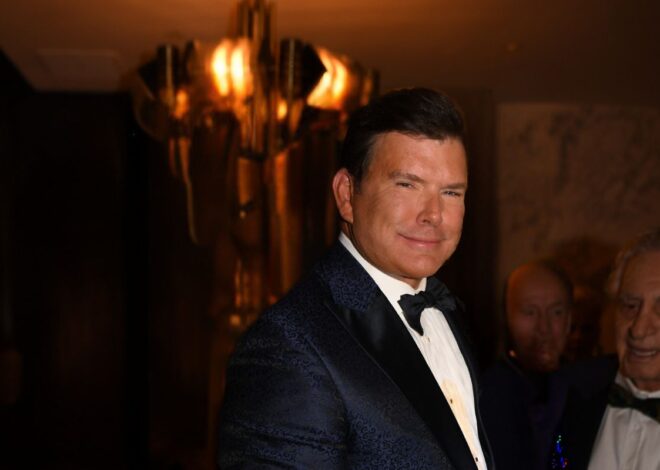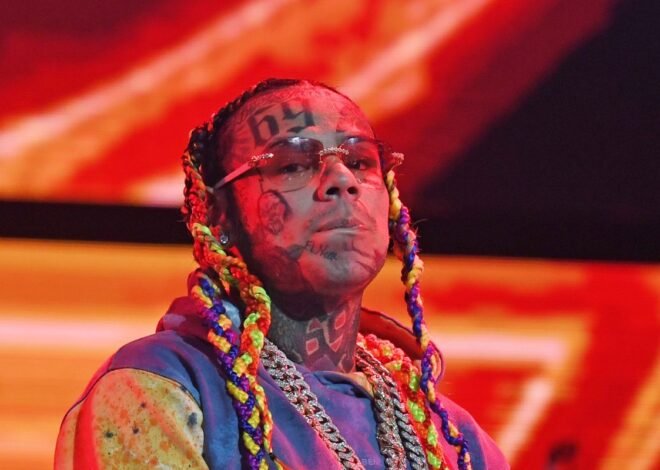
Afrika Bambaataa Loses Child Sex Abuse & Trafficking Case By Default
A man using the pseudonym John Doe filed a lawsuit against Afrika Bambaataa in 2021, alleging the Hip-Hop pioneer sexually abused and trafficked him between 1991 and 1995. According to the complaint, the abuse began when Doe was 12 years old, while Bambaataa was in his early 30s.
According to court docs viewed by AllHipHop, Bambaataa didn’t submit a legal response to the lawsuit, prompting Judge Alexander M. Tisch to issue a default judgment against him. The matter of damages will be decided by a Special Referee in a future proceeding.
John Doe’s lawsuit came about five years after Ronald Savage publicly accused Afrika Bambaataa of sexually abusing him as a minor in the 1980s. Bambaataa denied Savage’s allegations, describing them as “baseless” and “false.”
Nevertheless, following Savage’s disclosure, additional men came forward with similar accusations of childhood sexual abuse by Bambaataa, all of which he also denied. Despite his denials, the Universal Zulu Nation, an organization Bambaataa co-founded, issued a public apology in 2016 for its inadequate response to the allegations, and Bambaataa stepped down from his leadership role.
Afrika Bambaataa and Soulsonic Force emerged as pioneers in the early ’80s Hip-Hop and electro-funk scene, fundamentally shaping the direction of modern dance and electronic music. Led by Bambaataa, the group gained international acclaim with their 1982 single “Planet Rock,” which fused elements of Kraftwerk’s German electro-pop, British rock and disco rap into a new, futuristic sound.
The track not only propelled Hip-Hop into the mainstream, but it also laid the groundwork for the electro movement and influenced genres such as Miami bass, techno and house music. Other influential tracks include “Looking for the Perfect Beat” and “Renegades of Funk.”
The formation of Soulsonic Force was inspired by George Clinton’s approach of having multiple groups with overlapping members, with Bambaataa drawing from the Universal Zulu Nation for his ensemble. The group’s willingness to experiment with synthesizers, drum machines and electronic production—especially under the guidance of producer Arthur Baker—set them apart from their contemporaries.
Beyond their musical achievements, Afrika Bambaataa and Soulsonic Force also played a key role in promoting themes of unity, peace and social consciousness, making their work both culturally and artistically significant.
Since the allegations surfaced, a permanent stain has remained on Bambaataa’s legacy, and he’s largely withdrawn from public life.
Related








